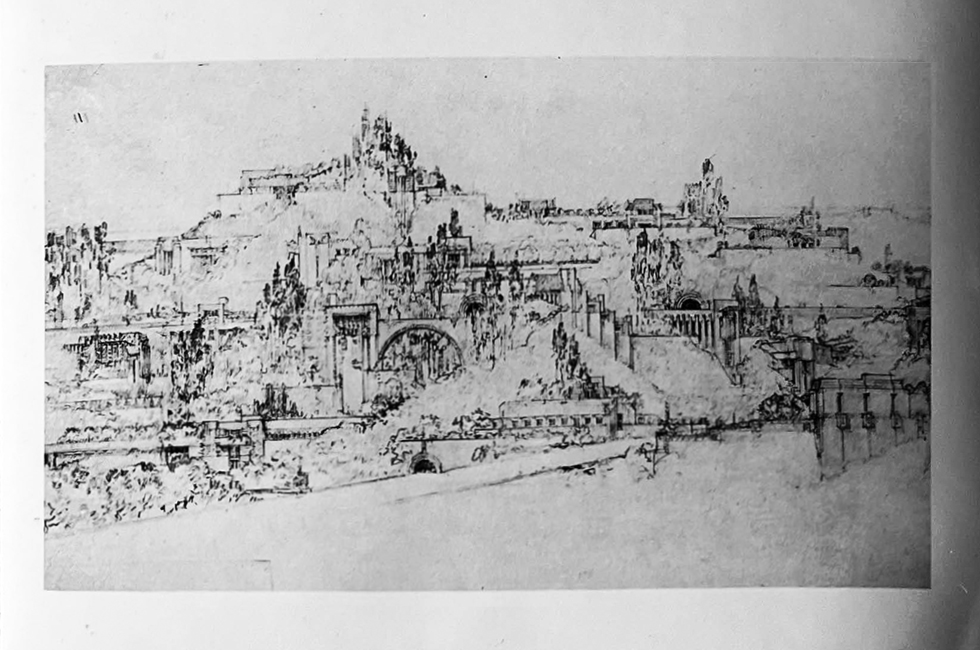The Italian Mountain Villages in Wisconsin. Hillbrows and Hilltowns by Robert Venturi
DOI:
https://doi.org/10.15168/xy.v9i15.3111Keywords:
Frank Lloyd Wright, mountain villages, Robert VenturiAbstract
Hillbrows and Hilltowns (Venturi, unpublished manuscript 225.XI.108, Venturi Scott Brown Collection, Architectural Archives, University of Pennsylvania) is the title of the text in which Robert Venturi gathers his most profound and spontaneous reflections on the relationship between architecture and landscape, specifically focusing on how small rural villages dot the mountainous landscape of the central Italian Apennines. Written in 1955, and since then unpublished, the short essay is presented for the first time with the dual aim of bringing attention both to the theoretical roots of Venturi’s thought and to the necessary practices for re-imagining the Italian mountain landscape in contemporary society. The ambitious essay by the Italian-American architect originates from numerous experiences, from his first trip to Italy in 1948, to his years as a fellow at the American Academy in Rome between 1954 and 1956. Venturi’s desire to explore the most remote Italian rural villages is intertwined with a dual identity significance; on one hand, he visits the small town of Atessa (Abruzzo) to explore his father Roberto’s birthplace, while on the other, the harmonious visions offered by these hilltop architectures captivate him to the point of prompting a deep introspective analysis on the identity of American architecture. In the text Hillbrows and Hilltowns, Venturi attempts to answer the challenging question: what is authentic? Which architecture is genuinely part of and an expression of a culture, and how can it survive over time without breaking the reciprocal bond between Nature and Architecture? Venturi supports his argument with the works of Frank L. Wright at Taliesin, drawing a fascinating analogy between an entire Italian medieval village and a newly constructed home in the American landscape, where Alberti’s words seem to resonate: “the city is like a large house, and the house in turn a small city”. (Alberti 1450, 1966).

Downloads
Published
How to Cite
Issue
Section
License
Copyright (c) 2025 Francesca Sisci

This work is licensed under a Creative Commons Attribution-NonCommercial-ShareAlike 4.0 International License.

